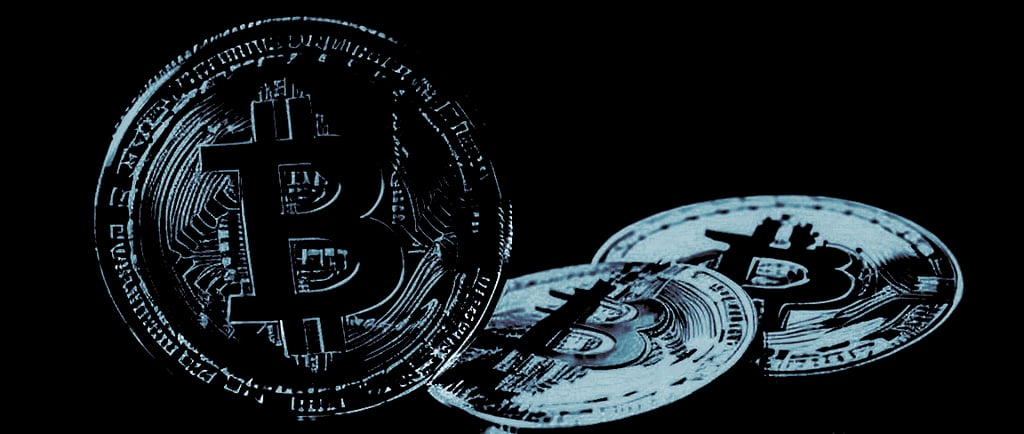SHOEBOX MONEY
TSUUNAMI
10/27/20243 min read


The Future of Money: Cash, Digital, and Crypto
Alright, folks, buckle up. Money isn’t what it used to be—cash is fading, digital currency is stepping up, and crypto’s shaking things up like a storm. From blockchain to tax impacts, we’re at the edge of a new financial frontier. Let’s dive into what’s happening, what it means, and why you should care.
Cash is (Almost) History
Let’s face it—cash is on its way out. With more people using digital wallets and banks going fully online, physical money is becoming almost obsolete. In the EU, over 75% of transactions are digital, and that number’s only growing.
Why? Digital transactions are fast, convenient, and trackable. But here’s the catch—trackable means traceable. So say goodbye to the “cash under the table” days. Digital currency is here to stay, and it’s rewriting the rulebook.
Digital Money: A New Kind of Currency
Digital money—whether it’s your credit card or Apple Pay—has already taken cash’s place for most people. But it’s more than just swiping your card; it’s a whole ecosystem. With digital transactions, banks have a tighter grip on money flow, and every move you make can be tracked, taxed, and logged.
Average Fees on Digital Transactions:
Transaction Fees: 1-3% of the purchase amount
Cross-Border Fees: Up to 5% for international purchases
Security Fees: Banks invest millions in digital security, a cost often passed down indirectly to consumers
While digital transactions have fees, they offer transparency. And as cash fades, new regulations and taxes are likely to apply specifically to digital money.
The Crypto Boom: Blockchain and Beyond
Crypto arrived as the “bad boy” of finance—unregulated, anonymous, and promising “get rich quick.” But as blockchain tech matures, cryptos like Bitcoin and Ethereum are becoming mainstream. The magic of blockchain? It’s an open ledger, meaning every transaction is recorded and tamper-proof.
Once synonymous with shady deals, crypto is now showing its potential as one of the most transparent forms of currency ever created. The narrative has flipped, and people are starting to see crypto’s benefits.
The Tax Side of Crypto
Taxes—there’s no escaping them. In the EU, crypto earnings are taxed as capital gains, with rates up to 30% depending on the country. Some nations, like Germany, offer tax-free crypto if held for over a year, while others tax each transaction. For businesses, blockchain’s transparency means no more secrets—every transaction is in plain sight.
Crypto vs. Cash: What’s the Real Difference?
Transparency: Every crypto transaction is recorded on the blockchain, leaving no room to hide. Cash, on the other hand, can disappear without a trace.
Security: Blockchain’s encryption makes crypto tough to hack, unlike cash that can be easily lost or stolen.
Control: Crypto gives individuals control over their funds, removing banks as the middlemen. You own your crypto outright.
Impact on Small Businesses: No More Loopholes
Let’s talk small businesses. For years, they’ve relied on cash and digital “loopholes” to dodge high taxes, which helped them survive in a tough economy. But with blockchain and crypto, every transaction leaves a digital footprint, making it harder to operate under the radar.
In the future, digital transaction taxes may become the norm, making it tough for small businesses to cut corners. Downside? Higher costs for small business owners. Upside? A level playing field, where big corporations can’t exploit the system either.
The Future: Embracing a Transparent Financial System
Blockchain isn’t just changing currency—it’s redefining transparency. Imagine a world where every cent is accounted for, every transaction recorded, and financial secrets are relics of the past. That’s where we’re headed, whether we like it or not.
Final Thoughts: The Currency of Tomorrow
Cash might still be around, but digital currency and crypto are taking over. Finance is getting more transparent, and if blockchain continues its rise, it could bring accountability traditional finance never could. The rules are changing fast.
So here’s the real question: Are you ready to embrace the change, or will you cling to paper bills while the world goes digital? Because ready or not, the future of money is here, and it’s unstoppable.
